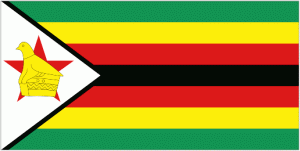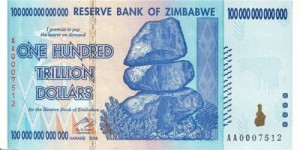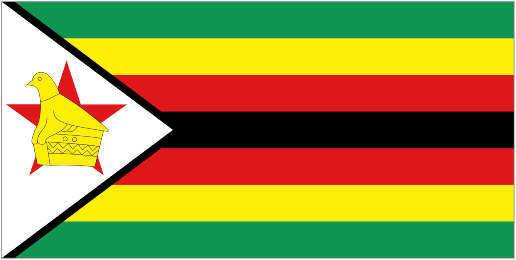April 18

Happy Independence Day, Zimbabwe!
Okay, well, maybe not so happy.
A quick scan of the blogosphere headlines reveals:
- “Little Enthusiasm for Independence Day in Zimbabwe“
- “Zimbabwe: A Gloomy Independence Day for a Former African Jewel“
and my favorite:
According to the first article,
“Independence followed a seven-year war between nationalist blacks and the white-minority regime that left 27,000 people dead. Robert Mugabe was sworn in as president in 1980 and has maintained his grip on power ever since.”
— Louise Dunne, Radio Netherlands Worldwide
“The first decade, 1980 to 1990 was superb for everyone, there was an independence euphoria, things were moving. Then 1990 to 2000, people started looking at what they had actually achieved from independence, scrutinising things like corruption. And then after the land reform in 2000, things just went down”.
— Charles Rukuni, Zimbabwe journalist
Zimbabwe is a land-locked African nation sandwiched between Zambia, Botswana, Mozambique, and South Africa.
Zimbabwe was once called Rhodesia, named after the British dude ‘Cecil’. According to “Disability, Liberation, and Development” by Peter Coleridge…
“The Rhodesian colonial system was geared primarily for the benefit of a white minority for whom ‘the whole economic system on the farms as well as in the mines, rested on a cheap and plentiful supply of native labour.'”
Sadly, as the above quote suggests, they didn’t even know how to spell labor. Education was a big problem back then, and the disparity was rampant. Rhodesia spent ten times as many education dollars on whites than on blacks.
Fortunately, after gaining independence, the government poured vast resourced into the education system, allocating “22 per cent of its budget to education, which it declared to be the birthright of every Zimbabwean. (This compares with an education budget of around 2 per cent in Britain in the same period.)”
The school population more than tripled between 1979 and 1989. Sounds like a great idea, except, as Coleridge points out, “the downside of educating so many people so suddenly is that there are very few jobs.”
In other words, you pretty much need a Ph.D. to work at Coco’s now.
Zimbabwe also suffers from hyperinflation. It made news in early 2009 when the government printed what may be the world’s first $100 trillion bills. A 1 with 14 zeroes in case you were wondering.

But if you find one on the street, don’t go on a spending spree. It was worth about $30. Shortly thereafter, the government changed the currency system by removing 12 zeroes from the dollar, so that $1 trillion now equalled $1 Zimbabwean. Though it saved a lot of zeroes, it was a moot point, as Zimbabweans stopped accepting/using the ZD and now use foreign currencies for transactions.
Some blame President Robert Mugabe for the country’s problems, but to be fair, he has only been in charge of the country for the past three decades.
President Mugabe’s life is the stuff of legend. Born in 1924, he was a leader of the independence movement. He spent 11 years in prison for speaking out against the colonial government, during which time he earned three degrees, including a law degree. After independence, in which he played an instrumental part, he was elected the country’s first Prime Minister, and later President.
Since then however, his critics insist his reign has exhibited symptoms of Saturday Night Live skit syndrome. A good idea gone on about 20 years too long.
“On this day I am hoping for change, especially for the president…He is not going to go on and on. The talks must end now so we can vote.”
— Fanuel Chikwakwaire, Zimbabwe citizen (Mugabe rejects violence as Zimbabwe celebrates Independence)

